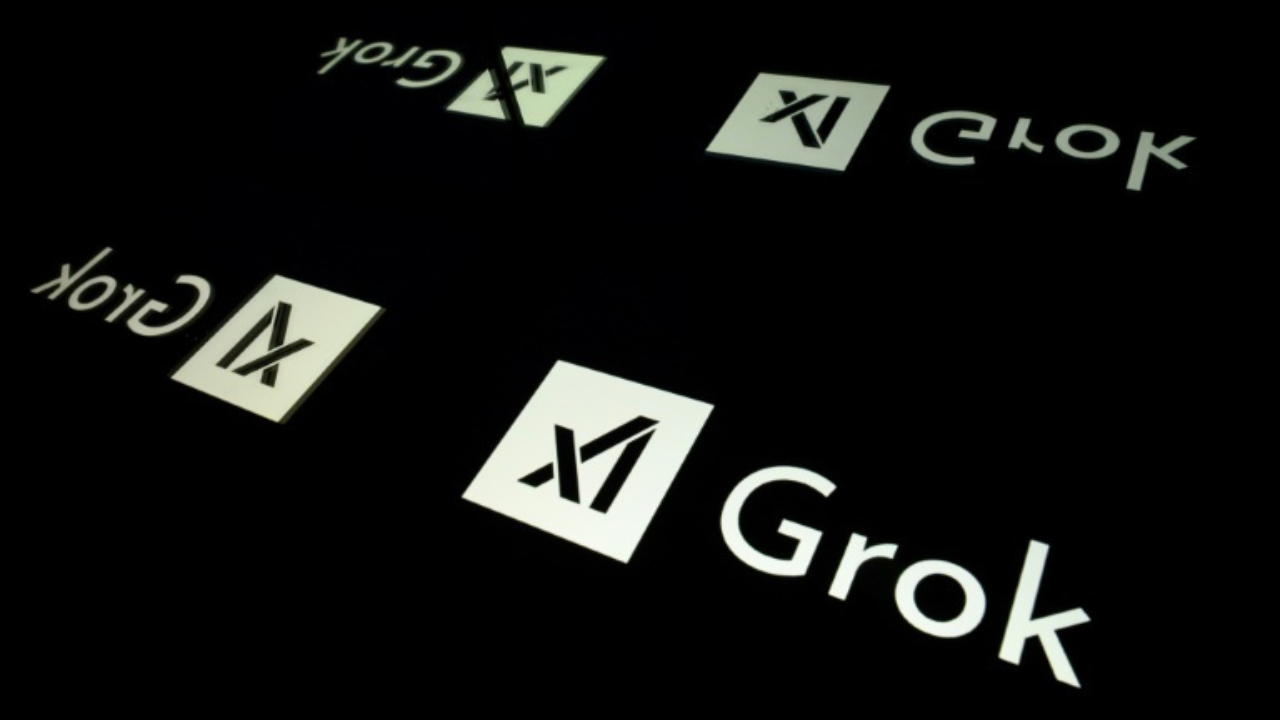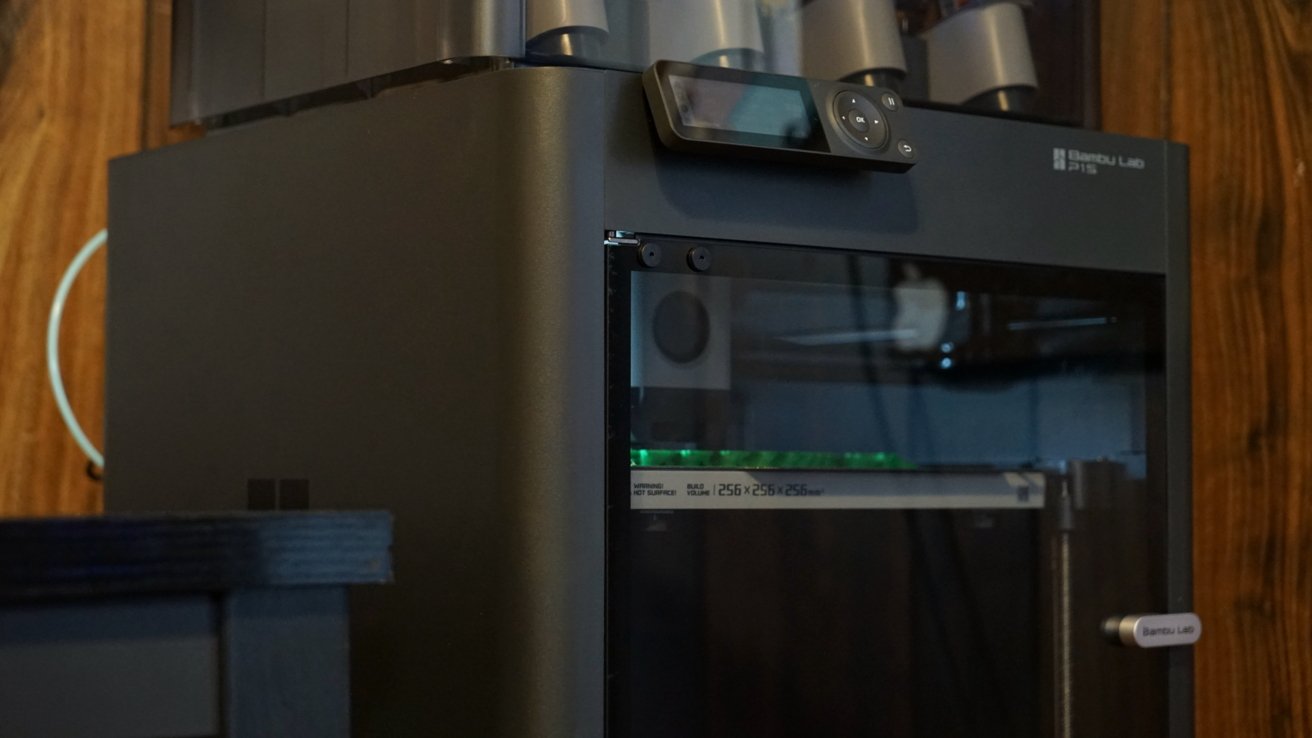The Dutch government has taken control of Nexperia, a semiconductor manufacturer previously owned by a Chinese company, signaling a significant shift in the global chipmaking landscape. This move, enacted under national security legislation, highlights ongoing tensions surrounding technology and trade, particularly in the semiconductor sector.
National Security and Economic Interests Converge
The intervention by the Dutch government aims to protect critical technology assets from foreign influence. According to statements from the Ministry of Economic Affairs and Climate Policy, this action reflects an increasing concern over the geopolitical implications of semiconductor production.
Nexperia, headquartered in Nijmegen, the Netherlands, specializes in producing essential components for a range of electronic devices. Its acquisition by a Chinese entity raised alarms within the European Union and the United States, where national security considerations have intensified in recent years. The Dutch government’s decision underscores an urgent need to safeguard technological capabilities that are vital for economic stability.
The broader semiconductor industry has faced several challenges, including supply chain disruptions exacerbated by the COVID-19 pandemic. The global shortage of chips has impacted various sectors, from automotive to consumer electronics. By reasserting control over Nexperia, the Dutch government seeks to ensure that the country remains a key player in this strategic industry.
Geopolitical Implications and Future Outlook
This development may reshape the dynamics of international trade in technology. The European Commission has been advocating for increased investment in semiconductor manufacturing within the EU. The aim is to reduce dependency on foreign suppliers, particularly from nations perceived as potential threats to European interests.
As political leaders and industry experts analyze the implications of this takeover, it remains clear that the semiconductor sector will continue to be a focal point of geopolitical strategy. The competition between global powers, especially between the United States and China, is likely to escalate, with technology serving as a cornerstone of this rivalry.
For Nexperia, the future could involve greater collaboration with European partners and a focus on expanding production capabilities. The company is positioned to play a crucial role in addressing the semiconductor shortage, especially as demand for chips continues to rise across various industries.
The Dutch government’s action is not merely a corporate takeover; it is a reflection of the evolving landscape of global trade, national security, and technological advancement. As countries navigate these complexities, the semiconductor industry will undoubtedly remain at the forefront of discussions regarding economic strategy and international relations.






